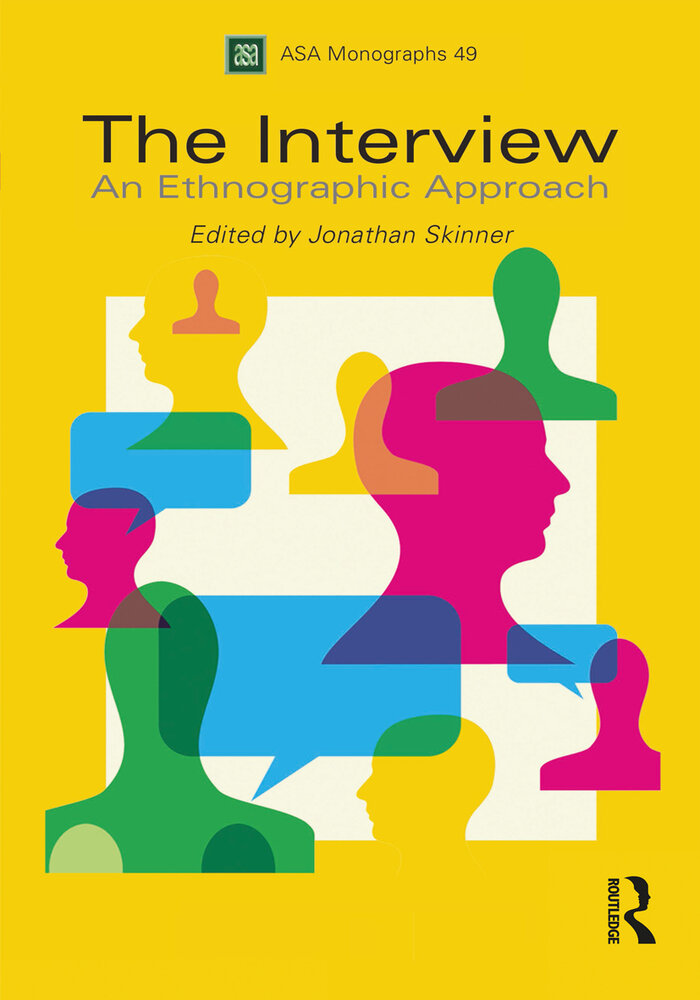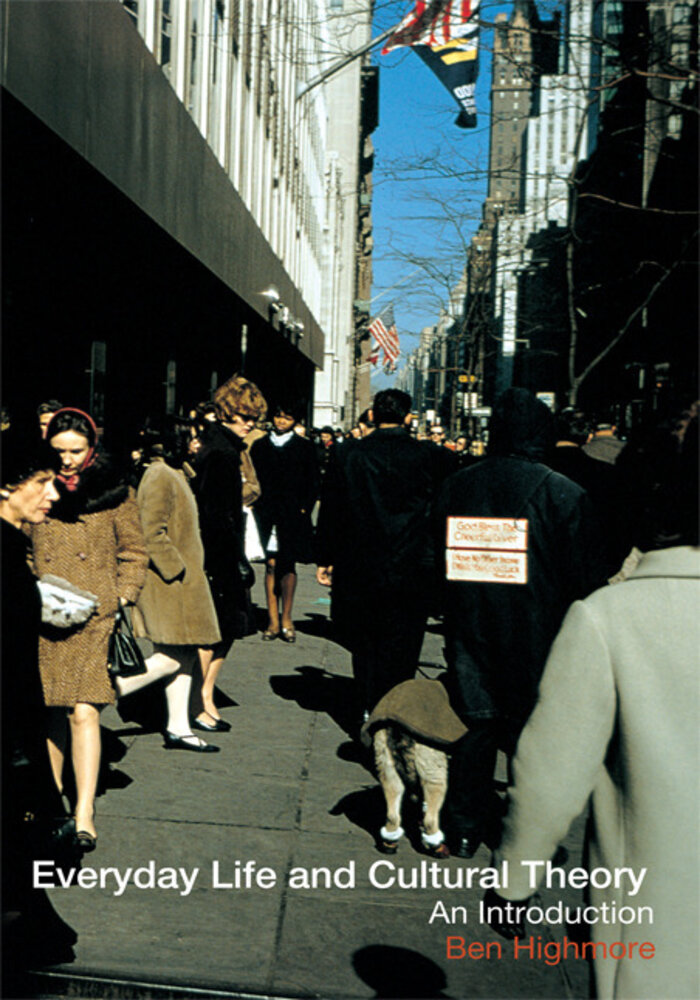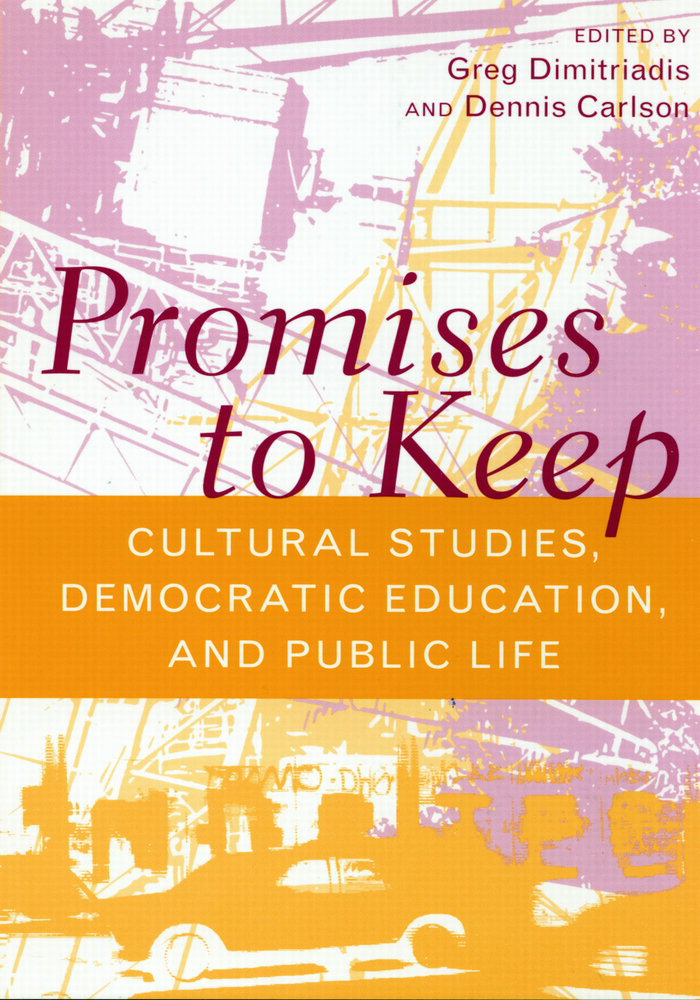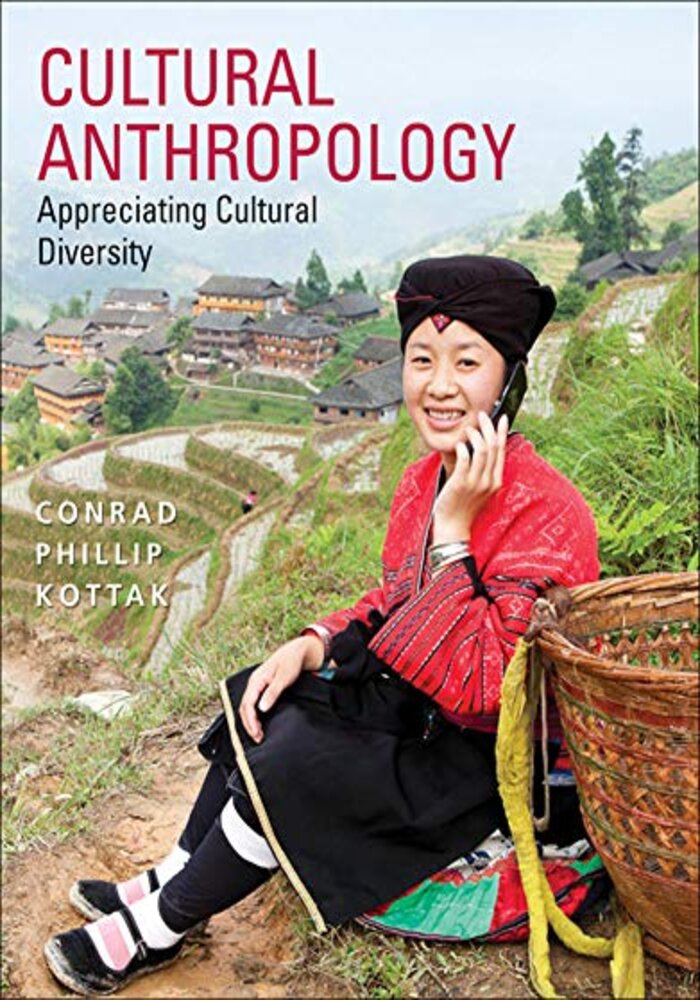What are new interview methods and practices in our new 'interview society' and how do they relate to traditional social science research? This volume interrogates the interview as understood, used - and under-used - by anthropologists. It puts the interview itself in the hotseat by exploring the nature of the interview, interview techniques, and illustrative cases of interview use.What is a successful and representative interview? How are interviews best transcribed and integrated into our writing? Is interview knowledge production safe, ethical and representative? How are interviews used by anthropologists in their ethnographic practice?This important volume leads the reader from an initial scrutiny of the interview to interview techniques and illustrative case studies. It is experimental, innovative, and covers in detail matters such as awkwardness, silence and censorship in interviews that do not feature in general interview textbooks. It will appeal to social scientists engaged in qualitative research methods in general, and anthropology and sociology students using interviews in their research and writing in particular.
Table of Contents
AcknowledgementsAbout the Editor and ContributorsIntroduction A Fourt-part Introduction to the Interview: Introducing the Interview; Society, Sociology and the Interview; Anthropology and the Interview; Anthropology and the Interview - Edited. Jonathan Skinner (Queen's University Belfast, UK) Part One: Positioning The InterviewThe Interview as a Form of Talking-partnership: Dialectical, Focused, Ambiguous, Special. Nigel Rapport (St Andrews University, UK) Ethnography is Not Participant Observation: Reflections on the Interview as Participatory Qualitative Research. Jenny Hockey (University of Sheffield, UK) and Martin Forsey (University of Western Australia, Australia) Finding and Mining the Talk: Negotiating Knowledge and Knowledge Transfer in the Field. Lisette Josephides (Queen's University Belfast, UK)Part Two: Interview TechniquesThe Autobiographical Narrative Interview: A Potential Arena of Emotional Remembering, Performance and Reflection. Maruska Svasek and Markieta Domecka (Queen's University Belfast, UK) Eliciting the Tacit: Interviewing to Understand Bodily Experience. Georgiana Gore (Université Blaise Pascal, France), Géraldine Rix-Lieévre (Université Blaise Pascal, France), Olivier Wathelet (Institut Paul Bocuse, France) and Anne Cazemajou (Université Blaise Pascal, France)Difficult Moments in the Ethnographic Interview: Vulnerability, Silence and Rapport. Ann Montgomery (Barts and The London School of Medicine and Dentistry, UK)Part Three: Interview Cases Instances of Inspiration: Interviewing Dancers and Writers. Helena Wulff (Stockholm University, Sweden)'Angola Calling': A Study of Registers of Imagination in the Interview. Madalina Florescu (School of Oriental and African Studies, UK)The Contortions of Forgiveness: Betrayal, Abandonment, and Narrative Entrapment among the Harkis. Vincent Crapanzano (CUNY, USA)Integrating Interviews into Quantitive Domains: Reaching the Parts Controlled Trials Can't Reach. Alex Greene (University of Dundee, UK)Recalling What Was Unspeakable: Hunger in North Korea. Sandra Fahy (L'École des Hautes Études en Sciences Sociales, France)Re-presenting Hopis: Indigenous Responses to the Ethnographic Interview. Nick McCaffery (Independent Scholar, UK)Epilogue: Expectations, Auto-Narrative and Beyond. Marilyn Strathern (University of Cambridge, UK)ReferencesIndex
| ISBN/ASIN |
9781847889393 |
| Author/Editor |
Jonathan Skinner |
| Publisher |
Bloomsbury |
| Publishing Year |
2014 |
| Edition |
1st |
| Book Format |
Paperback |
| Language |
English |
| Warranty Type |
No Warranty |
0 (Overall)
Based on 0 Reviews







.jpg)





